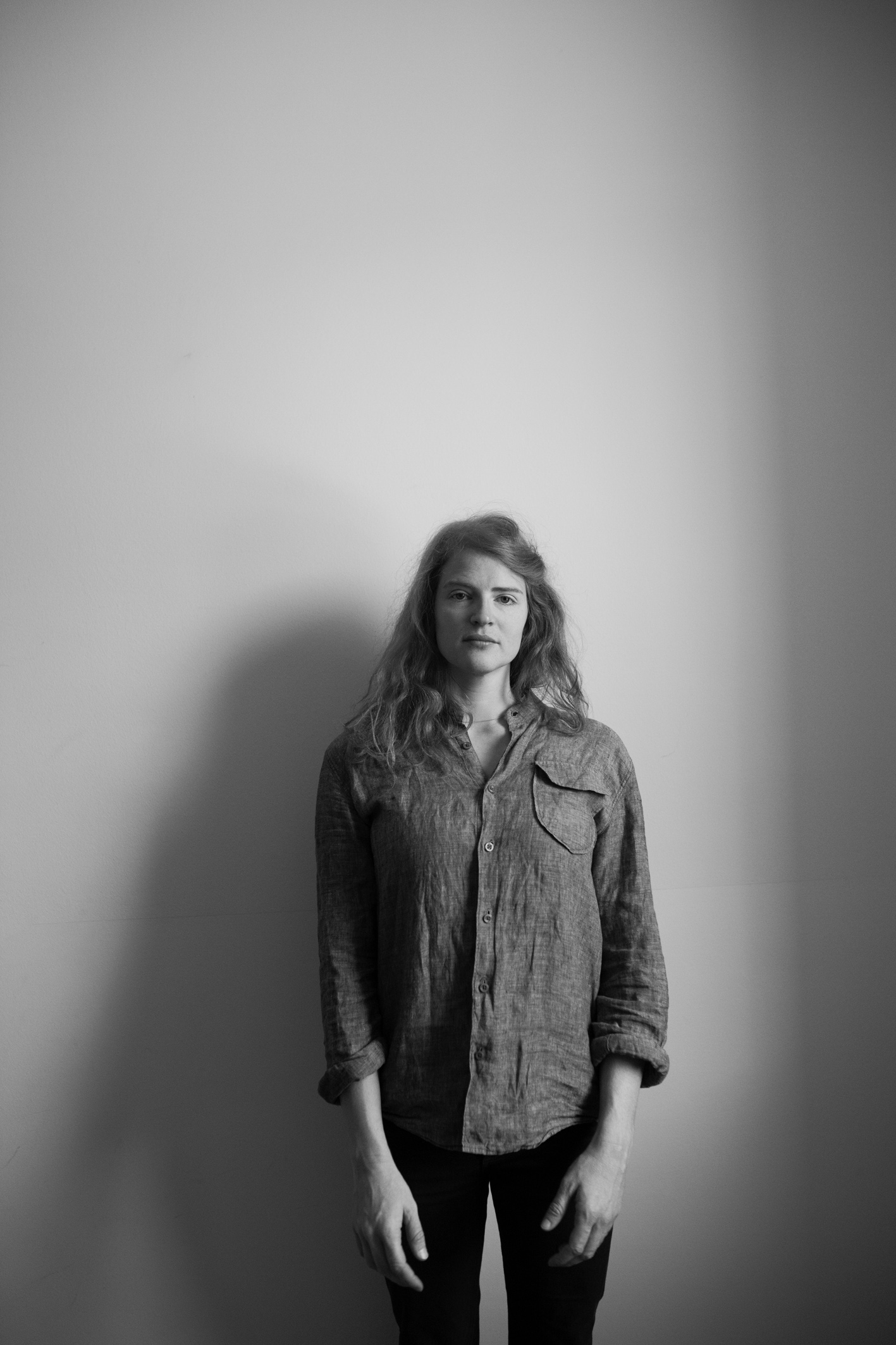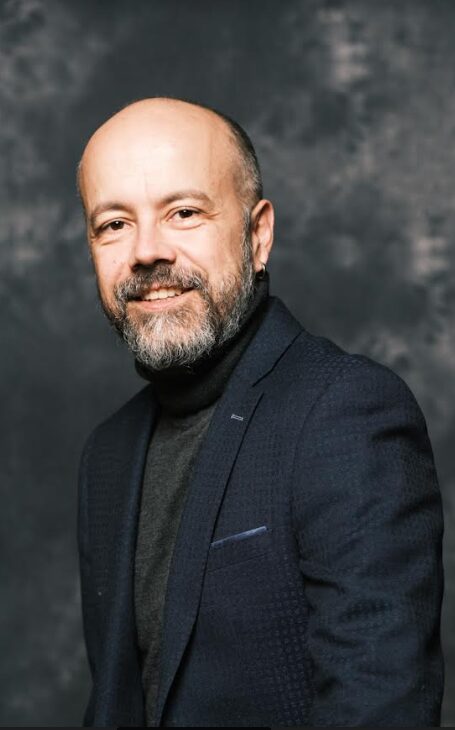
Anja Lückenkemper is an independent curator based in Berlin, Germany. She is co-initiator and curator of GOSSIP GOSSIP GOSSIP, a platform for performative events and exhibitions focussing on the productive potentials of ”gossip” as a queer-feminist strategy of resistance, solidarity, and knowledge production. Currently she is pursuing a practice-based curatorial PhD research on critical ecologies, decoloniality, and questions of ongoing extractivism.

Alexandru Bălășescu is an anthropologist (PhD at University of California, Irvine) and author of the books: ”Paris Elegant, Tehran Incitant”; ”Voioasa Expunere a Ordinii Mondiale”; ”Într-o zi, Orașul/ Adoptă un Canadian”. He is co-author of the movie ”Smells like Paradise” with Ovidiu Anton. He is the founder member of Nature, Art and Habitat, Italy, Moving Matters Travelling Workshop, California, and he is member of the Advisory Group for Environmental Action at Royal Roads University, Canada, where he also teaches in the Master of Global Leadership, and in the Master of Intercultural and International Communication.
AFAR TALK. Reassembling Nature – an open-ended story in various attemps. Anja Lückenkemper in conversation with Alexandru Bălășeșcu
Speakers: Anja Lückenkemper, Alexandru Bălășeșcu
October 3th, 17:00 – Anca Poterașu Gallery, Popa Soare 26
This talk is organized by ARAC in the framework of AFAR Network project.
Artists for Artists Residency Network (AFAR) is an EU co-funded project.The residency program aims to improve the mobility of contemporary visual artists and curators in Romania, Germany, Croatia, and Austria. The project is led by the Romanian Association for Contemporary Art (ARAC) with its three consortium partners – Goethe Institute Network, Croatian Association of Fine Artists, and Künstlerhaus Vienna.
About the project: The main topics are related to long-term cultural and social connections between local contexts, regarding cross-cutting themes of ecology and inclusion, specifically concerning wartime and economic migration of people. The project provides a range of new opportunities to art practitioners of all ages, across a variety of artistic mediums and backgrounds, with special regard to women in the arts and gender equality, to become involved in a series of artistic residencies, curatorial fellowships, artists& curators talks, and exhibitions where they can contribute and work together with their peers in creating self-sustainable models of mutual support and cooperation. This will be achieved through methods that include networking events, co-shared working spaces, case-study research of proposed models of residencies, knowledge-sharing between the partners in organizing residencies and public artist/curator talks, the development of an advocacy strategy for increased mobility of artists and curators in the consortium countries.
Views and opinions expressed are however those of the author(s) only and do not necessarily reflect those of the European Union or European Education and Culture Executive Agency (EACEA). Neither the European Union nor the granting authority can be held responsible for them.
What stories do plants tell us? What political and economic connotations are associated with botany, the science of plant life? And how can we overcome the dichotomies between human and non-human entities, between the natural and the cultural spheres, between a living and a non-living world? “A tree is never just itself,” says William Kentridge in Peripheral Thinking – we will take this as a guideline for our inquiry.
In her talk, Anja Lückenkemper will use artistic and curatorial examples to create associative academic, artistic and poetic lines of connection in order to get closer to the relationship between human and nature.

